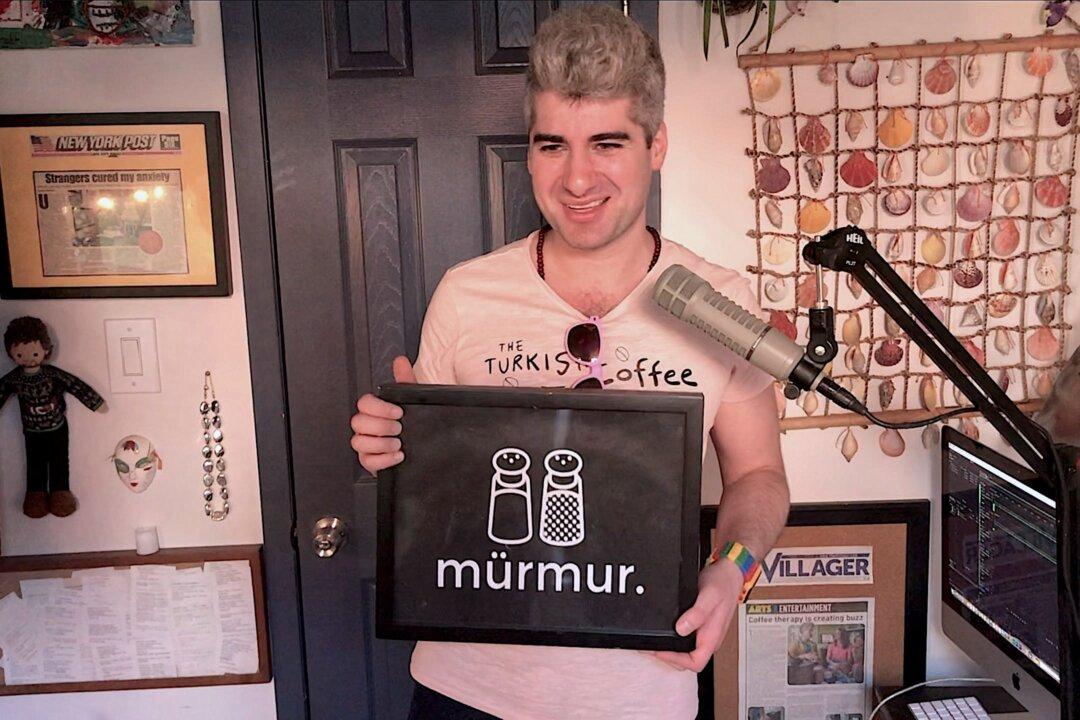SAN FRANCISCO—The United States is the world’s top producer of genetically modified organisms (GMO), followed by Brazil.
The International Service for the Acquisition of Agri-biotech Applications, a non-profit that promotes crop biotechnology, reports that the United States has about 70 million hectares (170 million acres) of land planted with GMO crops; Brazil has about 40 million hectares (90 million acres).
Since the first GMO was approved in the United States in 1994, GM crops have played an increasingly larger role in U.S. agriculture. Today, about 90 percent of all corn and soybeans planted in the United States are grown from GM seeds, and more than 40 percent of all GM crops produced worldwide are grown in the United States, according to estimates by the University of California–Davis.
About 70 percent of all processed foods sold in U.S. grocery stores contains GM ingredients, according to Colorado State University. Yet unlike most other developed nations, American regulators do not require special labeling of GM products. The first ballot initiative that would have made labeling mandatory failed last November in California.
Is GMO Food Necessary?
For Colin Carter, professor in the Department of Agricultural and Resource Economics at the University of California–Davis, it is clear that America needs GMOs.
Almost two decades have shown the advantages of genetically engineered crops for farmers and growers, he said.
“I think the strongest arguments [for GMOs] are reduced pesticide use, reduced yield loss, and increased competitiveness of U.S. agriculture,” Carter wrote in an email.
He does not see a significant safety issue since, he said, no study has definitively shown a health risk for humans.
While Dr. Robert Gould, adjunct professor at the University of California–San Francisco, is a proponent for labeling, he cannot say whether GMOs are necessary or not. For Gould, it comes down to making wise choices in the face of uncertainty.
“A lot of animal studies are inconclusive on both sides in terms of demonstrating clear-cut harm,” Gould said.
Gould is also a former national president of the Physicians for Social Responsibility, a global physician organization that has been awarded the Nobel Peace Prize for its work on nuclear threats.
He sees a parallel between GMOs and the introduction of nuclear technology—the risks of nuclear technology mostly became known only after it had already been used and its impacts already felt.
“I have concerns when there is widespread application [of a technology] and not adequate testing of impacts,” Gould said.
Therefore, he stresses the need for more long-term and industry-independent studies to better determine any potential chronic impacts of GM crops and food on animals, humans, and the whole ecosystem.
Studies in the United States on the Health Effects of GMO Food
The American Medical Association (AMA), the largest and oldest organization of medical professionals in the United States, extensively reviewed existing studies on the human health implications of GM food in a 2012 report.
The report concludes,“Bioengineered foods have been consumed for close to 20 years, and during that time, no overt consequences on human health have been reported and/or substantiated in the peer-reviewed literature.”
The report, however, identifies three areas where “a small potential for adverse events exists”: horizontal gene transfer, allergenicity, and toxicity.
One concern is that GM crops could cause an allergenic or toxic reaction when the intentional transfer of certain genes results in the unintentional transfer of allergens or toxins into the crop. Horizontal gene transfer is the unintentional introduction of genetic material from GM food into body cells that could lead to antibiotic resistance.
The United States Department of Agriculture (USDA) is currently conducting a wide-ranging study, the project GMO Risk Assessment and Communication of Evidence (GRACE), which will not only look at health, but also at environmental, and socio-economic impacts of GM plants.
The Epoch Times is exploring the issue of genetic modification, especially as it pertains to food products, with a series titled “GMOs, A Global Debate.” Each article in this series focuses on the role and reception of genetically modified organisms (GMOs) in a different country.




